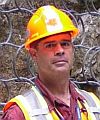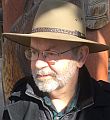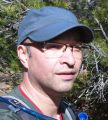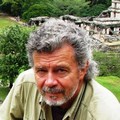PARKSVILLE 2019 SYMPOSIUM SPONSOR: Mosaic Forest Management – “Maintaining ecological balance is critical for success,” states Domenico Iannidinardo

“Over 80% of the Englishman River watershed is dedicated to forest management. Applying a landscape level approach makes a working forest work for multiple values. Hydrology and ecology values are managed through conservation agreements, land sales, and cooperation with researchers and communities. A guiding objective is to ‘keep sediment out of streams’,” states Domenico Iannidinardo, Vice-President, Forest & Sustainability and Chief Forester for Mosaic.










